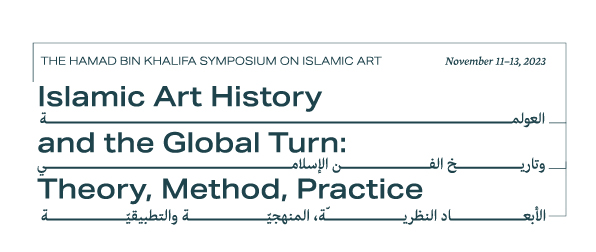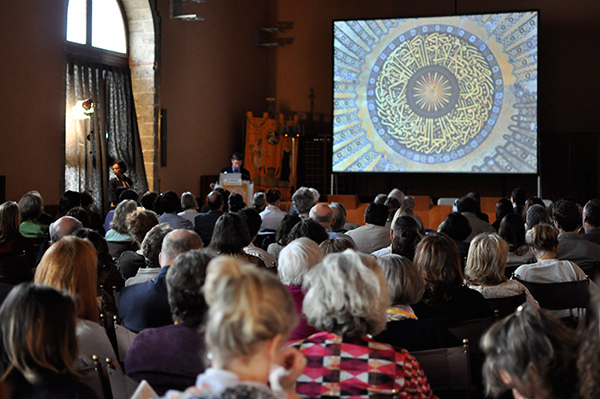William Graham
Light as Image and Concept in the Qur’an and other Islamic Sources
This presentation examines references to light in the Qur’an and selected classical Islamic sources such as hadith and tafsir, in an effort to show how this important scriptural term and image was treated and developed as an enduring thematic element in different strands of Islamic culture. While the “Light Verse” of Qur’an 24:35 is the most famous passage involving light, it is the only one that equates God with light; there are many other Qur’anic references to light that are echoed in other Islamic texts. The presentation will focus on qur’anic and other interpretations of nûr and further terms for light, especially in their figurative use to refer variously to guidance, wisdom, faith, angels, the Prophet, or the Qur’an itself.
William A. Graham is the Murray A. Albertson Professor of Middle Eastern Studies in Harvard’s Faculty of Arts and Sciences and University Distinguished Service Professor. He served as Dean of the Harvard Divinity School from 2002–2012. He has been a member of the Faculty of Arts and Sciences since 1973 and has served as Director of the Center for Middle Eastern Studies, Master of Currier House, and Chair of the Department of Near Eastern Languages and Civilizations and the Committee on the Study of Religion. He is former chair of the Council on Graduate Studies in Religion (U.S. and Canada). His scholarly work has focused on early Islamic religious history and textual traditions and on comparative problems in the history of religion. He received the quinquennial Award for Excellence in Research in Islamic History and Culture from the Research Centre for Islamic History, Art and Culture (IRCICA) in 2000. He has held John Simon Guggenheim and Alexander von Humboldt fellowships and is a fellow of the American Academy of Arts and Sciences. His major books are Divine Word and Prophetic Word in Early Islam (1976; ACLS History of Religions Book Award, 1978), Beyond the Written Word: Oral Aspects of Scripture in the History of Religion (1987), and Islamic and Comparative Religious Studies (2010).




